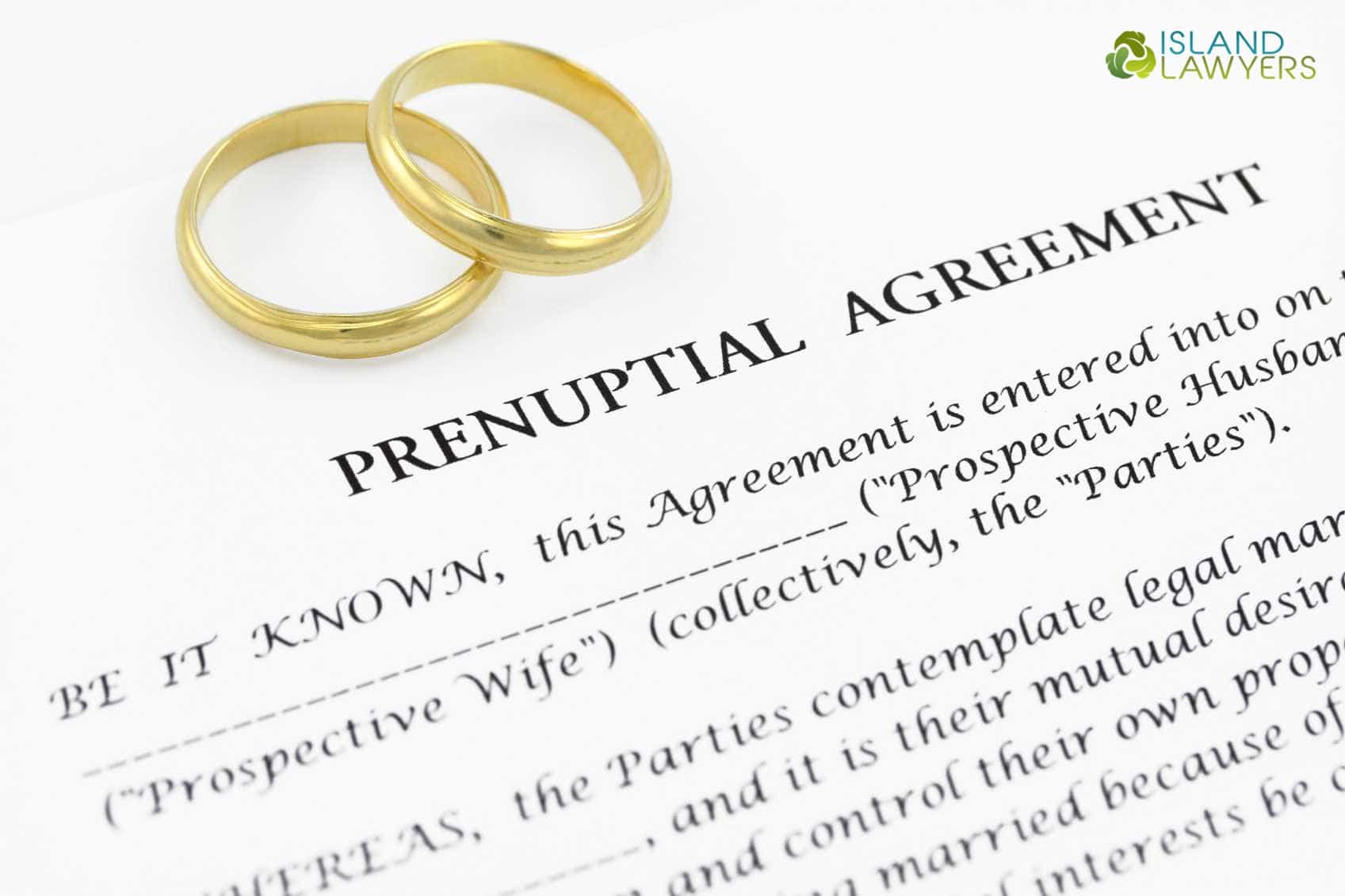ALIMONY OPTIONS IN PRENUPTIAL AGREEMENTS
Prenuptial agreements in the past commonly contained alimony waiver provisions, specifying that if the marriage ended in divorce there would be no alimony claims from either side. More recently however, we have explored creative alimony options in prenuptial agreements, giving couples more choices on potential spousal support in the event of a divorce.
Rather than a straight “no alimony” paragraph in a prenuptial, brides, grooms, and their respective attorneys are weighing out different possibilities in alimony. This drafting takes into account that sometimes the lesser earning spouse is feeling scared or apprehensive about their future – that in the event of a divorce they will be left homeless or destitute. This is especially so in prenups where the lesser earning spouse is coming to the U.S. to marry the higher earning spouse. Often these brides/grooms-to-be are coming with very little to no assets, and adapting to a strange new culture and country. In such instances, we sometimes draft alimony language that seeks to directly address their concerns. An example of these options include set amounts and formula-based amounts.
SET AMOUNTS
In determining a number, we may look to the specific future needs of that spouse, such as airfare (if they wish to return to their home country), rent deposits and rent to assist them in divorce transition, and other projectable expenses. These projections may result in setting a specified amount of alimony. This alimony may be payable in monthly installments or a lump sum (noting that paying in lump sum may prevent the paying spouse from deducting the alimony payments in their tax filings, depending on the structure). Again, the specific needs and concerns of the alimony-receiving spouse may dictate whether lump sum, monthly payments, or a hybrid of the two is best.
FORMULA-BASED AMOUNTS
Some are opting for a formula-determined alimony amount to determine amount and duration of alimony. One of the frequent complaints about alimony in Hawaii is the lack of any formula or strict guidelines. Rather, alimony in Hawaii is determined by the agreement of the parties or by a Judge looking at the factors affecting alimony, as set forth in Hawaii statutes. Nevertheless, in prenuptial situations, we are frequently using formulas, such as “alimony shall be XX% of [paying spouse]’s net income per month, with the number of months being YY% of total number of months of the marriage. When using this type of formula it’s also important to specify how some portions of that formula are derived, such as guidelines on how “net income” above is calculated, and determining how the length of the marriage is calculated (e.g., using the date of the wedding until the date of filing of a divorce complaint).
WHICH WAY IS BEST?
Ultimately, there is no “best” fit for everyone. Alimony provisions, like prenuptial agreements as a whole, are not one-size fits all. Rather, alimony options in prenuptial agreements should be tailored to what fits each couples’ unique situation, circumstances, and desires.
If you’d like to speak with an attorney experienced is designing and drafting creative prenuptial agreements, call us at (808) 593-2199 or contact us online, and we’ll be happy to discuss your options.
FURTHER READING ON PRENUPTIAL AGREEMENTS:
Prenuptial Agreements in Hawaii
Why Marrying Couples Need Prenuptial Agreements


